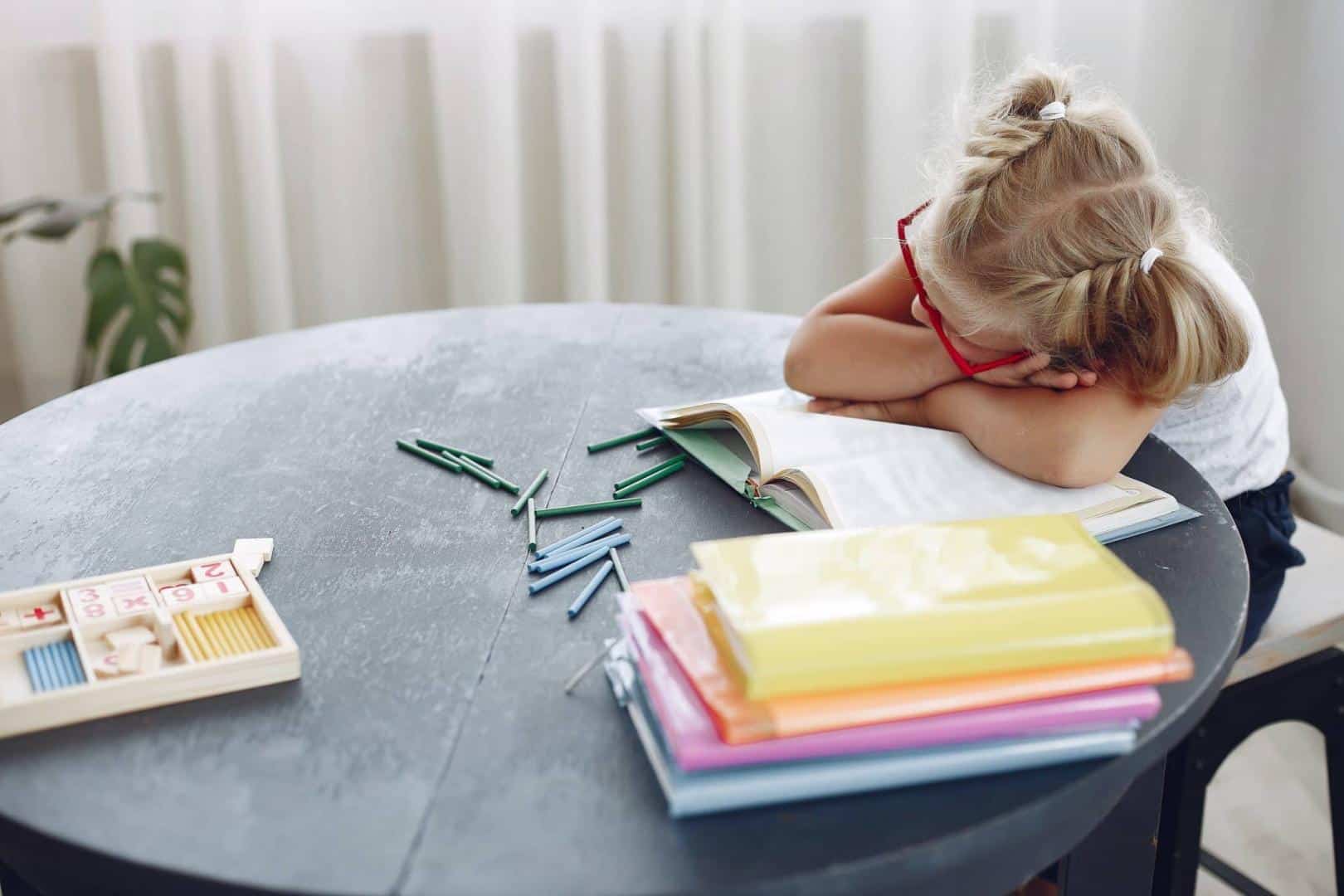Hearing loss makes your brain work harder to process speech and sounds. While hearing aids and other assistive listening devices can help, listening fatigue can pose challenges to school-aged children with hearing loss. Studies have shown that this can lead them to experience more subjective fatigue than students with normal hearing.
Let’s examine some of those challenges as well as what can be done to make listening easier for children who need extra assistance.
School Environment Can Make Listening Harder

While classrooms are designed to provide an interactive place for children to learn, they can make it more difficult for those with hearing loss to be able to listen. Reasons for this include:
- Poor acoustics in the room
- Background noise
- Listening to multiple speakers throughout the day
- Having to listen while performing other tasks like notetaking
- Dealing with speakers who talk too quickly or are facing away from the student when speaking
It’s not just the classroom that can pose challenges either. While field trips to places like Kidspace Children’s Museum can be exciting and engaging, all the noise and stimulation can leave a child with hearing loss feeling overwhelmed and exhausted.
Left unaddressed this continued fatigue can lead to:
- Higher stress levels
- Worsening performance in school
- Increased absences
Practice Helpful Communication Strategies
If you are an educator or someone who regularly interacts with children, practicing good communication strategies is one of the best ways to help children with hearing loss. To do this, you can:
- Make sure that the child can see you when you speak.
- Try not to talk too quickly
- Encourage any other substitute teachers or guest speakers to practice the same strategies
Provide Accommodations
This can include a variety of different options, including:
- Using captions whenever possible
- Seating the child in a location that provides the best hearing
- Having a peer take notes for the student while they focus on listening
- Scheduling breaks where the child can engage in activities that don’t require active listening such as moving around, drawing, or resting their head on their desk.
- Try to schedule more listening-heavy activities at the beginning of the day, as fatigue tends to worsen as the day goes on.
Bottom Line
While listening fatigue poses challenges to children with hearing loss, steps can be taken to reduce it and help improve their performance in school.
If you are concerned your child or a child in your classroom has undiagnosed hearing problems, taking the necessary steps to get them a hearing test is critical to their academic success and overall development.
For more information or to schedule an appointment, call The House Institute today.